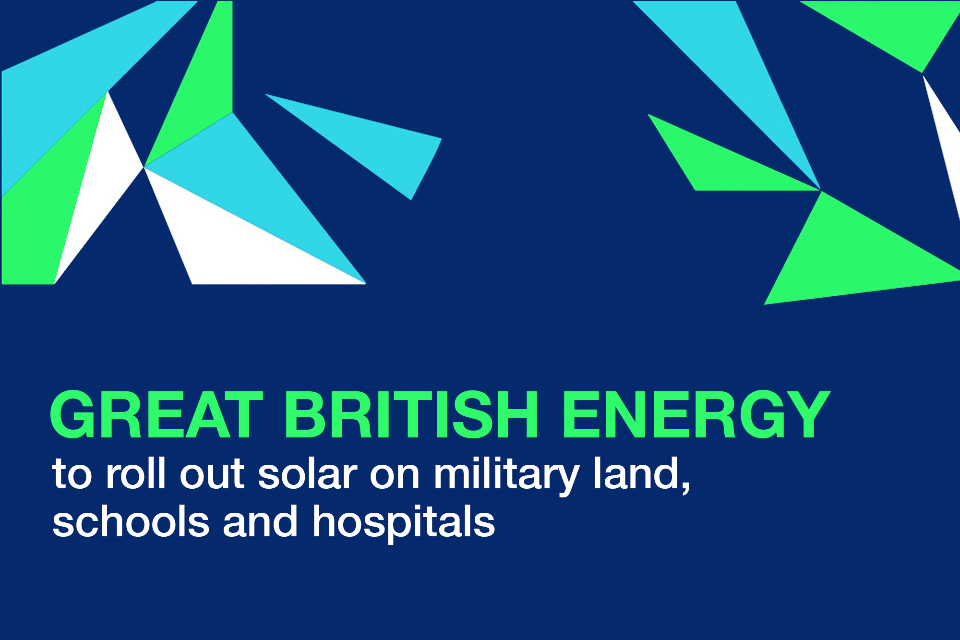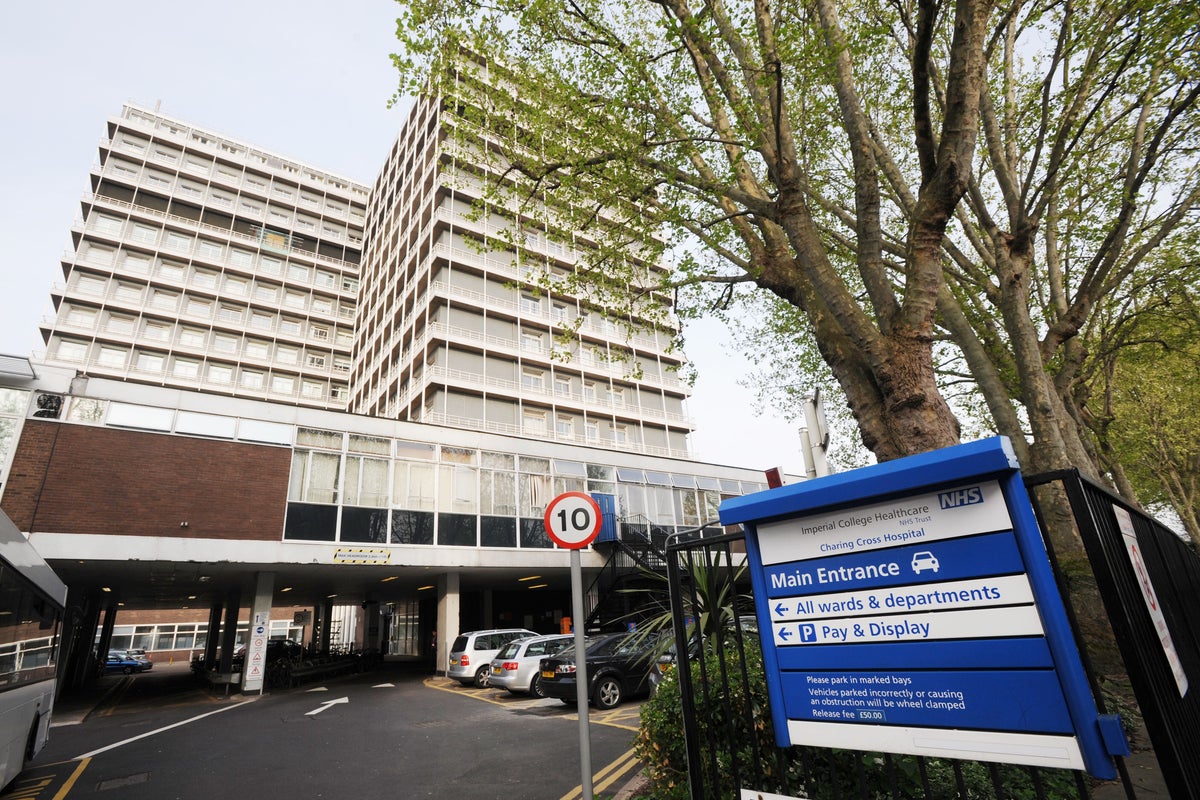When Dan Azeez steps through the ropes in Lagos on October 1, it won’t be for a title, a ranking, or a pay cheque.
It will be for his father.
The British light-heavyweight, of Nigerian heritage, is set to fight Sulaimon Adeosun in a six-round bout on the undercard of a landmark event headlined by Brandon Glanton vs Marcus Browne.
But for Azeez, this moment carries a significance that transcends titles or world rankings. For the first time in his career, his father will be ringside to watch the fight in the flesh.
‘Yeah, it’s crazy, this will be the first time he’s watched me live’ Azeez tells Daily Mail Sport, half-laughing at the surrealism of it all. ‘He’s never, ever watched any of my fights live.
‘I’ve boxed in the UK, France, Italy, Bulgaria – but never in Nigeria. He’s never come to any of those. Now there’s nowhere to run. I’m here in his hometown, so he’s going to be there and I am going to have to perform.’
Dan Azeez’s only professional career defeat came against Joshua Buatsi in February 2024
Azeez knows what it’s like to perform on big stages, having fought on major cards across Europe. But this is different. Fighting in Lagos on Nigeria’s Independence Day, in front of family and countrymen, touches a part of his soul that boxing often doesn’t.
‘In terms of everything I have done, a win ranks at the top,’ he says without hesitation when asked where this bout sits among his career achievements.
‘I would’ve done this for free, just for my dad to be ringside. To be part of such a big event with Balmoral Promotions and Amir Khan, to be on the first of its kind – it’s legacy. This means as much as a world title to me.’
It’s a powerful admission from a man who just a year ago was being touted as a future world champion.
After a tough 2024, in which form and momentum began to slip, Azeez’s future on the global scene looked uncertain. But rather than fade into obscurity or dwell on missed opportunities, he’s leaning into a different type of victory for now – one rooted in legacy, family, and heritage.
Azeez isn’t naive. He knows the critics are watching. He knows questions have been asked about whether he’s still a serious contender. But he doesn’t flinch. Instead, he draws inspiration from one of boxing’s grittiest icons.
‘My favourite fighter is Marvin Hagler,’ he says, referencing the middleweight great’s controversial 1979 draw with Vito Antuofermo. ‘He didn’t get the decision, but from then on, he said his fists would be the judges. He went on a mad knockout spree, won the world titles and is now considered one of the greatest of all time.’
With the same steely resolve, Azeez declares: ‘I’m in my Marvin Hagler era. Watch me bounce back from adversity like my hero did. It’s in my hands’.
Ahead of the fight, Azeez has been in Nigeria for over two weeks, training and acclimating to the heat and to the passion of the local boxing scene. Far from coasting through light workouts and tapering ahead of the fight, he jumped straight into the deep end.
‘I’ve been sparring the locals, and man, they don’t want to be messed with,’ he says with a grin. ‘They really want to prove themselves. They want to show you what they’re made of. I got some tough work in, I got some technical work in – it was brilliant.’
The experience gave Azeez more than just rounds in the gym. It gave him perspective. In the chaos of Lagos – the traffic, the people, the noise – he found clarity.
‘Everything’s just manic here – from the people to the build-up to the fighters,’ he says. ‘But this is boxing, you know what I mean? And everyone just can’t wait. It’s electric. I am so grateful to be here and be apart of this history-making event.’
Although, there’s an emotional weight to this fight that Azeez is honest about. For years, he avoided asking family to attend his bouts, worried the sight of them ringside might distract him, might pull him out of that mental tunnel fighters depend on.
‘Ultimately, 100%, that’s why I never used to even bother that they came,’ he explains. ‘You don’t know how you’ll react. You could just wince out and see a family member or something. But I’m here now. I’m going to take that risk. I want him to see me live – in Nigeria.’
It’s a risk worth taking, and a performance that, win or lose, will leave a mark on the memory of father and son.
Titles come and go. Rankings shift. Careers rise and fall. But moments like this – fighting in your ancestral homeland, in front of the father who’s never seen you do what you love – are rare.
For Dan Azeez, October 1 is about legacy, not leverage. It’s about identity, not image.
And when the bell rings in Lagos, he’ll already have scored the victory that matters most.








